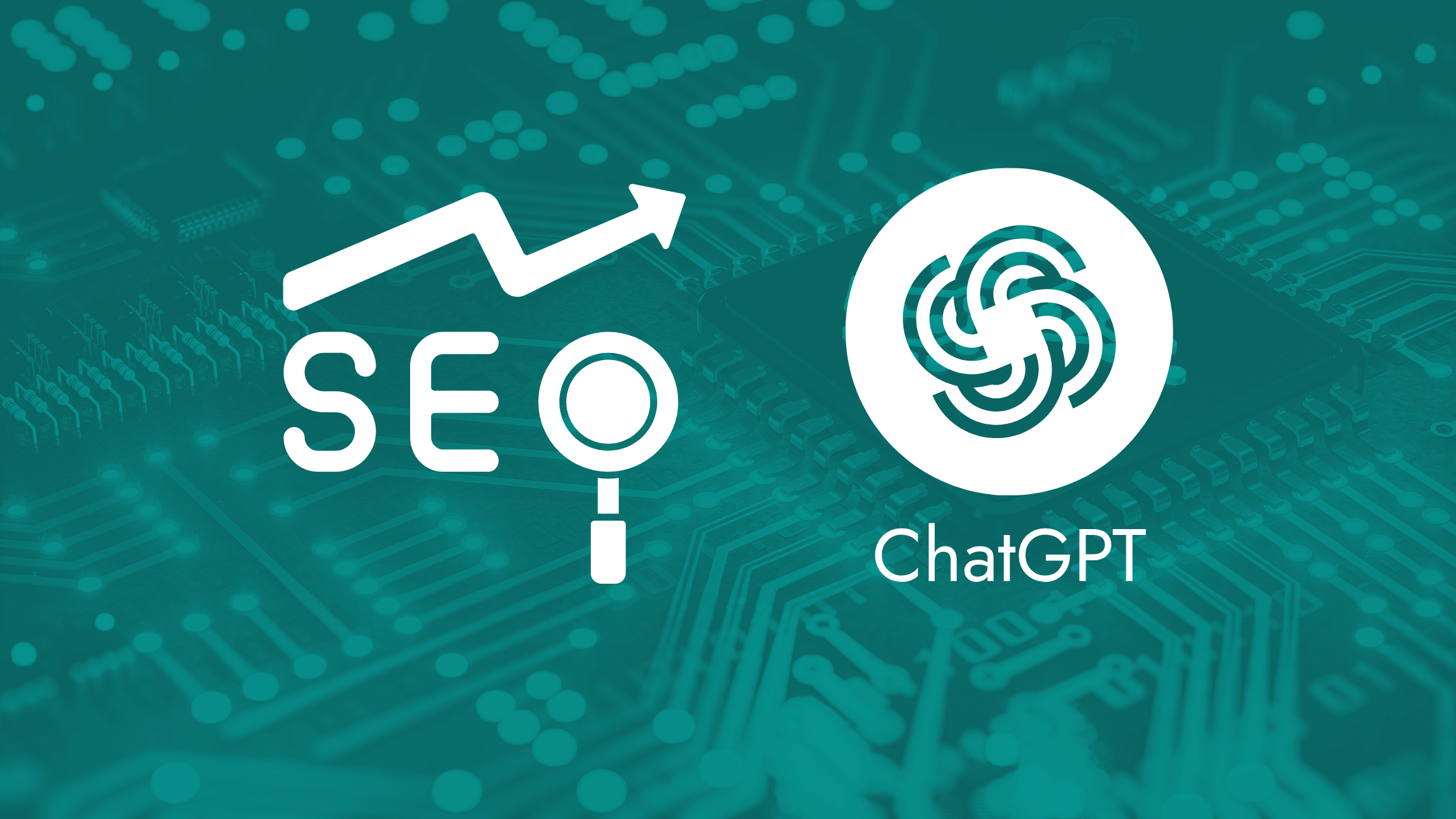Understanding ChatGPT's Role in Digital Marketing
ChatGPT has emerged as a transformative tool in digital marketing, allowing businesses to enhance customer interactions and streamline their marketing efforts. By leveraging its natural language processing capabilities, companies can create personalized experiences that resonate with their target audience.
For instance, brands can utilize ChatGPT for generating engaging content, automating customer service responses, and even conducting market research. The ability to analyze user queries and respond with relevant information makes ChatGPT an invaluable asset in optimizing marketing strategies.
Best Practices for Implementing ChatGPT
To maximize the benefits of ChatGPT in your marketing strategy, it's essential to follow best practices that ensure effective implementation. This includes understanding your audience's needs, setting clear objectives, and continuously monitoring performance metrics.
Additionally, integrating ChatGPT with existing marketing tools can enhance its functionality. For example, using it alongside CRM systems can help maintain customer records and tailor interactions based on previous engagements, leading to improved customer satisfaction and retention.
Potential Challenges of Using ChatGPT
While ChatGPT offers numerous advantages, there are potential challenges that businesses must navigate. Issues such as data privacy, the accuracy of responses, and the need for human oversight can complicate its implementation.
For instance, ensuring that ChatGPT complies with data protection regulations is crucial to maintaining customer trust. Furthermore, businesses should establish guidelines for when human intervention is necessary to handle complex queries or sensitive topics, ensuring a balance between automation and personalized service.
The Future of AI in Marketing
The integration of AI technologies like ChatGPT is shaping the future of marketing. As these tools evolve, they will continue to enhance the way businesses interact with customers and analyze market trends.
Looking ahead, we can expect advancements in AI capabilities that will allow for even more sophisticated personalization and predictive analytics. This will enable marketers to anticipate customer needs and tailor their strategies accordingly, further solidifying the role of AI in driving business success.





